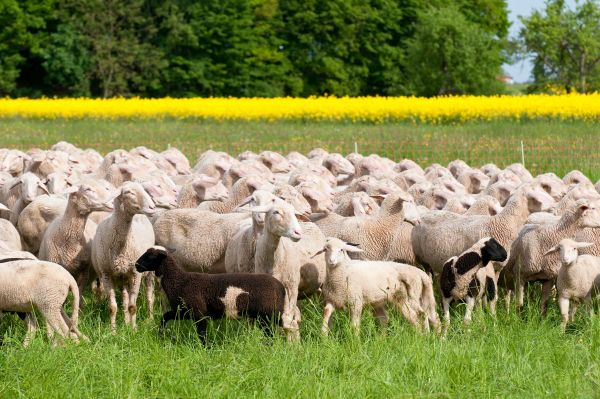Withholding periods

What are withholding periods?
Withholding periods (WHPs) are used to ensure compliance with domestic maximum residue limits (MRL).
A WHP is the minimum length of time that must elapse between the last application of an agricultural chemical to a crop and the harvest, sale or use of the agricultural produce to which the chemical was applied.
Agricultural produce includes crops harvested for human food and products derived from animals for human food, including meat, milk and eggs.
WHPs also apply to grazing or cutting the treated plants (including pasture) for:
- stock feed
- wool.
Chemical product labels
WHPs are stated on the chemical product label, under the 'Table of directions' and are legally enforceable.
It is designed to ensure that food and fibre derived from chemically treated and crops comply with domestic market MRLs.
The following are examples of WHP statements:
- apples — do not harvest for 7 days after last application
- grains — do not sell or use treated grain for human or animal consumption for 90 days after use
- meat — do not use less than 42 days before slaughter for human consumption.
- Milk — zero (0) days
Grazing WHPs
Grazing WHPs are found on some product labels.
The grazing WHP is the time that must elapse between the application of the chemical and livestock grazing or coming into contact with the treated plants.
If stock graze or come in contact with treated plants and the WHP has not yet expired, the livestock and the produce derived from them (such as milk, eggs, wool) cannot be sold unless the buyer is notified in writing by the seller that the WHP has not expired.
In the case of wool, the WHP is designed to ensure that the wool from treated sheep will not lead to effluent from wool scouring plants exceeding Australian environmental standards.
Responsibilities
In Victoria, the responsibility to comply with the WHP is placed upon the owner of the agricultural produce.
The sale of agricultural produce or stock food is prohibited if the WHP has not expired, unless the buyer has been notified in writing by the seller that the WHP has not yet expired.
There are significant penalties that may be imposed on growers that are found to be selling produce that is contaminated with unacceptable chemical residues.
Contractors
If a contractor applies an agricultural chemical to produce on behalf of the owner of the produce, it is essential to inform the owner about the application and of any relevant WHPs that need to be adhered to.
Post-harvest chemical use
When agricultural produce (such as grain, fruit, vegetables) is to be treated in a post-harvest situation by a person who is not the owner of the produce, the person applying the chemical must have written permission from the owner before the chemical application proceeds.